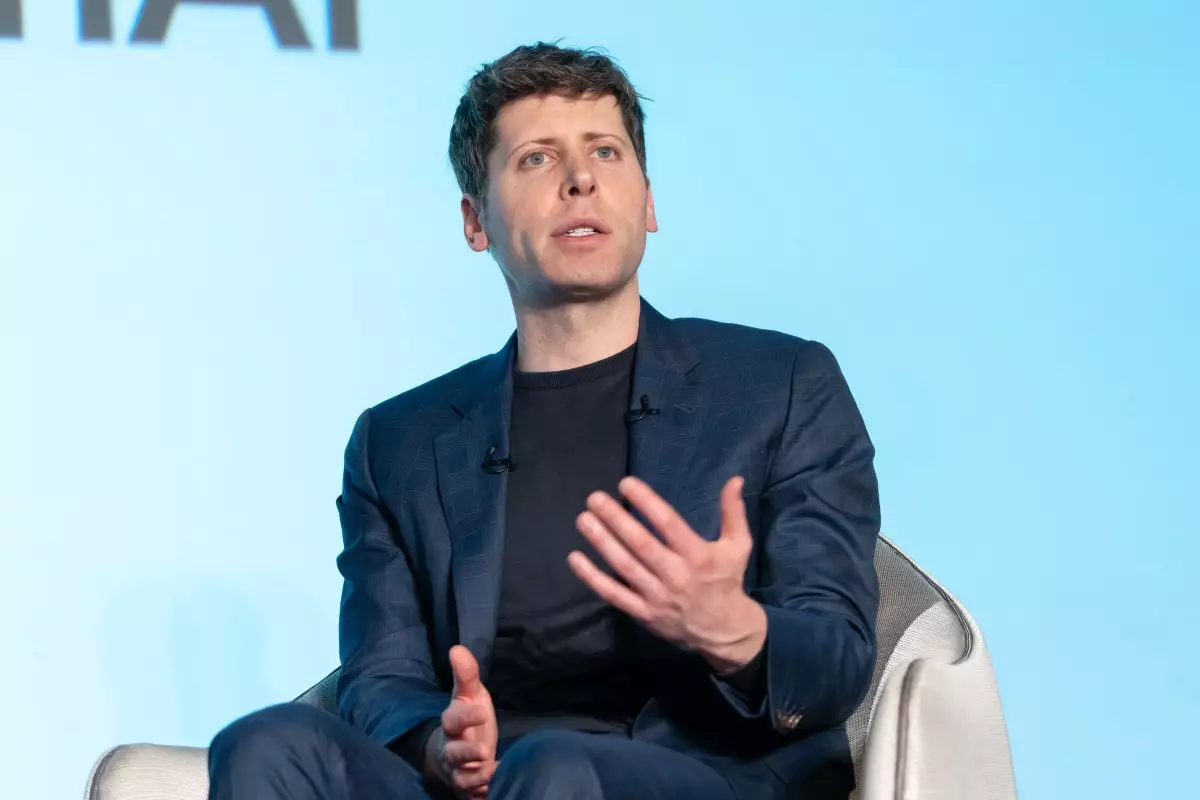In a bold maneuver, OpenAI has recently secured a staggering $200 million contract with the U.S. Department of Defense. This decision, while potentially lucrative, raises critical questions about the strategic dynamics between OpenAI and its primary investor, Microsoft. The implications of this deal could significantly alter the landscape for both companies, amplifying underlying tensions that have surfaced in their partnership.
OpenAI’s Diverging Trajectories
As technology firms pivot to embrace artificial intelligence, OpenAI’s lucrative collaboration with the Pentagon signals a departure from their original ethos of prioritizing ethical AI development. This $200 million contract not only enables OpenAI to extend its technological capabilities for defense applications but also signals a shift towards government and military engagements. While this could empower OpenAI to innovate on a larger scale, the potential fallout with Microsoft could be substantial. Microsoft has historically positioned itself as a champion for ethical AI usage, and this partnership may seemingly conflict with that narrative.
The Competitive Landscape
As OpenAI and Microsoft forge ahead in the AI realm, the competitive tension between them cannot be understated. Both companies are vying for dominance in the AI enterprise sector, which raises concerns about internal friction. Reports of discord have circulated, suggesting that Microsoft feels increasingly challenged by OpenAI’s expansive ambitions. This latest defense contract could exacerbate those feelings, prompting a reevaluation of their existing alliance.
Microsoft’s investment in OpenAI was predicated on shared goals—advancing AI while ensuring ethical standards. However, aligning OpenAI with military projects might prompt Microsoft to reconsider the compatibility of its own brand image with OpenAI’s new direction. The resulting dilemma brings into question whether these two powerhouses can maintain their collaborative spirit in the face of burgeoning competition.
Ethical Implications in the Age of AI
The ethical repercussions of OpenAI’s move into militarized technology are profound. The company has frequently championed a vision of AI that uplifts humanity, yet partnering with the DoD risks overshadowing those ideals with the specter of military applications. This dilemma is particularly relevant as public sentiment around defense spending and military tech becomes increasingly contentious. Stakeholders from various arenas—including public activists, AI ethicists, and industry experts—are likely to voice their concerns over where OpenAI is directing its resources and alignment.
Rather than focusing exclusively on commercial endeavors, OpenAI’s partnership with the Department of Defense can be interpreted as a pivot towards an international rivalry in AI capabilities. As countries race to secure dominant positions in AI technology—especially for defense—OpenAI could find itself at the center of a geopolitical storm, one that Microsoft may be hesitant to weather if it diverges from its established ethical framework.
The Future of Collaboration
As these two giants navigate their evolving relationship, transparency will be essential. Microsoft must address how it views its partnership with OpenAI in light of this recent development. Will it reinforce its commitment to ethical AI, or will it take a more pragmatic approach, adapting to the competitive landscape? If OpenAI’s direction continues to favor military applications over comprehensive ethical practices, the alliance may ultimately falter, leading to a reconfiguration of their mutual goals and objectives.
In endgame scenarios, the partnership’s future remains unclear, yet one thing is certain: the interplay between ethical responsibility and competitive ambition will shape the dialogue surrounding AI technology for years to come.

